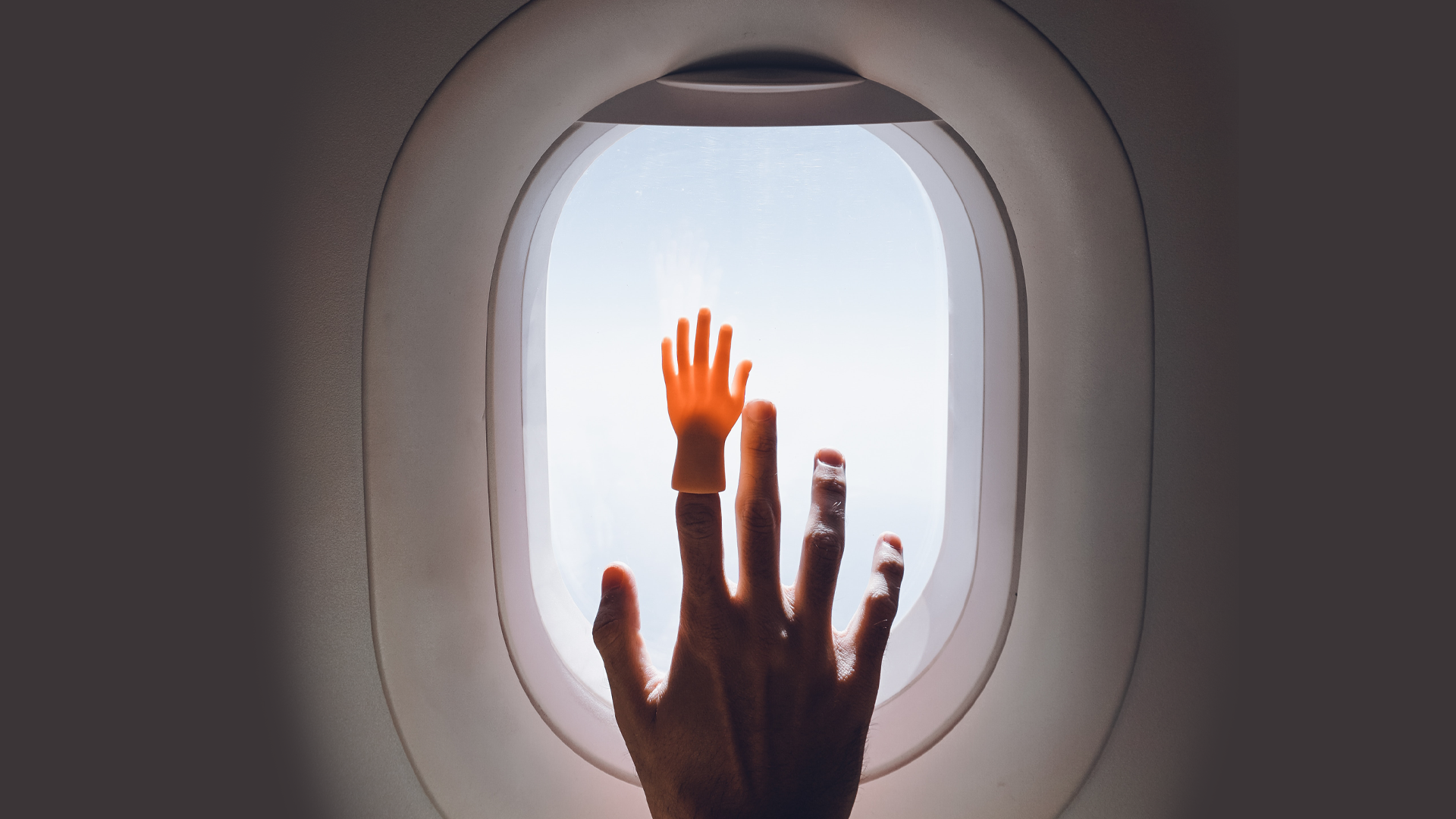Is going on the road a lonely proposition for a standup comic?
Going on the road as a stand-up comedian can indeed be a lonely experience. While it's true that every comedian's journey is unique and individual experiences may vary, there are common aspects of the profession that can contribute to feelings of loneliness. Let's explore some of these factors in more detail.
First and foremost, the nature of being on the road means being away from home and loved ones for extended periods. Traveling from city to city, often performing in different venues each night, can be physically and emotionally draining. Being away from the support network of family and friends can leave comedians feeling isolated.
Additionally, the demanding schedule of a stand-up comedian can make it challenging to build and maintain personal relationships. Late-night performances, constant travel, and irregular routines make it difficult to establish a stable social life. Comedians may find it challenging to form lasting connections or have meaningful interactions with others.
The lifestyle of a touring comedian can also be mentally and emotionally exhausting. Crafting and delivering jokes night after night requires constant creativity, mental sharpness, and the ability to read and engage with audiences. The pressure to perform well consistently can take a toll on a comedian's mental well-being, adding to feelings of loneliness and self-doubt.
Furthermore, the transient nature of the comedy circuit means that comedians often encounter unfamiliar environments and face audiences who may have different tastes or preferences. This unpredictability can make it difficult to establish a sense of belonging or camaraderie with fellow performers or audience members.
On the road, comedians often face long stretches of downtime between shows, especially during travel. This downtime can be isolating, as comedians may find themselves alone in unfamiliar cities with limited opportunities for social interaction. While some comedians may use this time to write new material or explore the local surroundings, others may find themselves grappling with feelings of loneliness and longing for companionship.
Despite these challenges, it's important to note that many comedians also find moments of connection, camaraderie, and support within the comedy community. Backstage interactions, shared experiences, and encounters with fellow performers can provide a sense of belonging and alleviate some of the loneliness associated with the profession. Online communities and social media platforms have also provided avenues for comedians to connect and support each other, even when physically apart.
So going on the road as a stand-up comedian can indeed be a lonely experience due to factors such as being away from home, a demanding schedule, challenges in building personal relationships, and the transient nature of the profession. While the comedy community can provide support and camaraderie, the inherent nature of the profession can contribute to feelings of isolation. It's crucial for comedians to find ways to prioritize self-care, maintain meaningful connections with loved ones, and seek support from fellow performers and friends in order to navigate the potential loneliness of life on the road.
